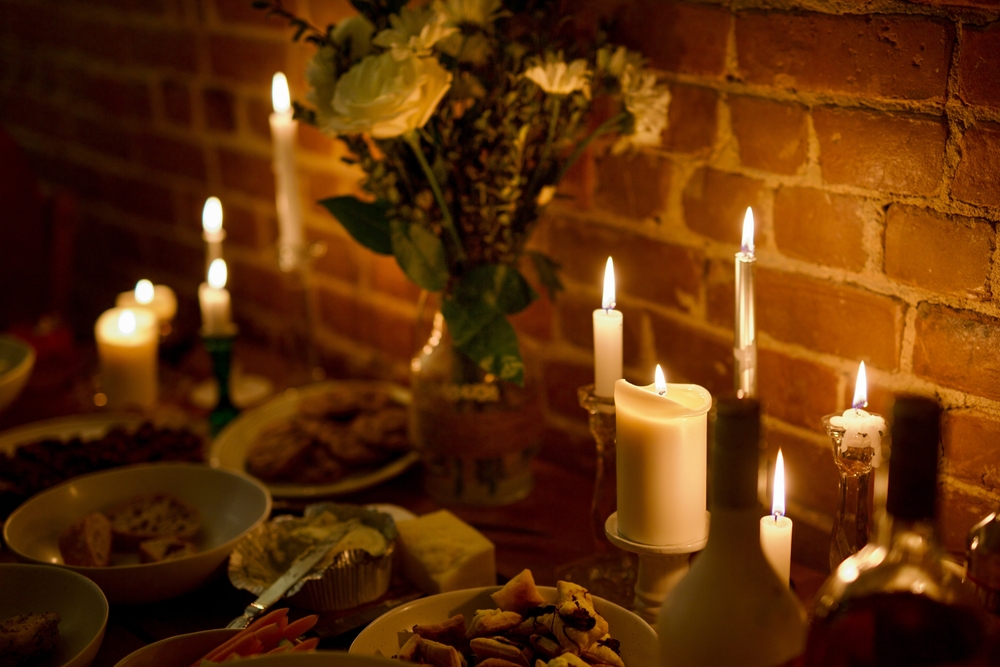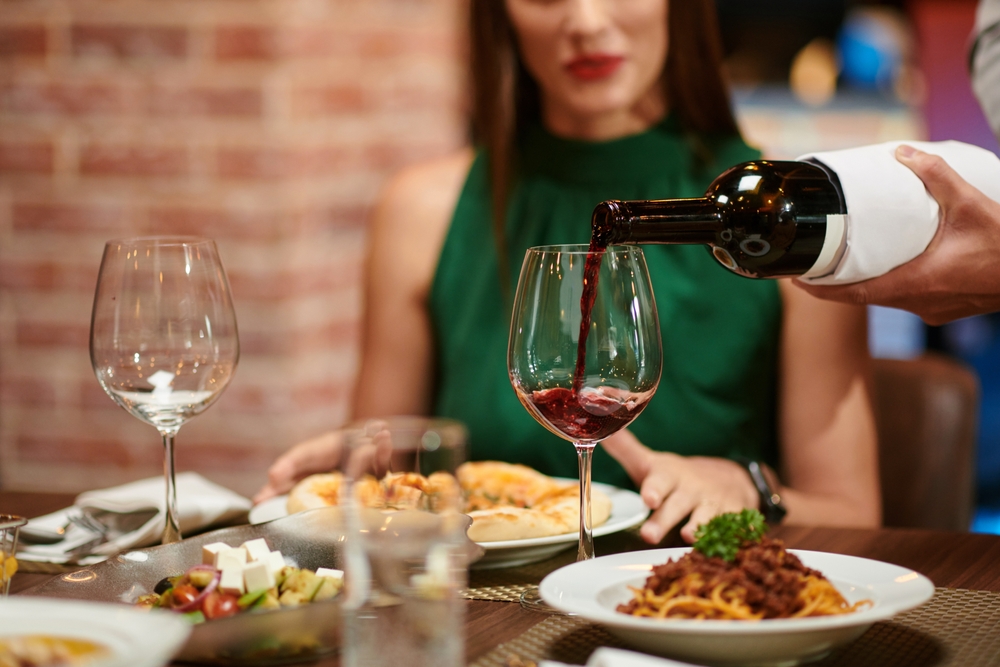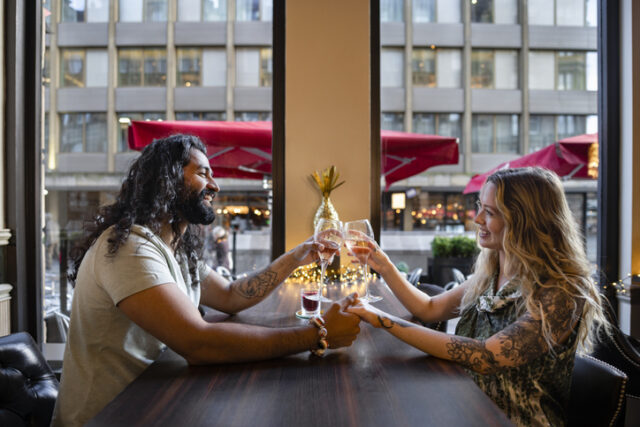Here’s how to avoid common hosting pitfalls with style and grace. The art of hosting is more than setting a table; it’s about creating an inviting, effortless atmosphere where guests feel valued and comfortable. Here are the hosting mistakes that can quietly derail your soirée—and exactly how to avoid them.
1. Ignoring the Entrance

A welcoming entrance is the first step to set the tone. Skipping a warm welcome or leaving the entryway bland sends the wrong message. Fresh flowers, candles, or chic lighting by the entrance creates a statement and guides your guests into the mood of the evening. This thoughtful touch makes guests feel anticipated and appreciated from the moment they step inside.
2. Overcomplicating the Menu

Trying to impress with an overly complex menu can backfire, as it often means spending too much time in the kitchen instead of mingling with guests. Opt for sophisticated dishes that allow you to be present. Think elegant simplicity: a quality charcuterie board, a seasonal salad, and a crowd-pleasing main course that keeps guests satisfied without exhausting your energy.
3. Forgetting a Guest’s Dietary Preferences

A subtle but crucial point: knowing what your guests can or can’t eat ensures they feel cared for and included. Checking dietary restrictions in advance not only shows your thoughtfulness but also saves awkward moments during the meal. Offering a mix of options with plenty of variety makes everyone feel catered to, no matter their dietary needs.
4. Neglecting the Flow of Conversation

A skilled host knows how to keep the conversation flowing without micromanaging it. Seating arrangements and timing play a huge role here. Don’t place guests in groups that won’t connect, and aim to mingle enough to encourage cross-talk and mingling. By creating this easy exchange, you turn your event into an evening to remember.
5. Using Only Overhead Lighting

Lighting can make or break the vibe. Overhead lighting tends to be harsh and uninviting, casting shadows that feel clinical. For a more inviting glow, incorporate table lamps, candles, or dimmed lights. The effect is immediately warm and chic, flattering both your guests and the room, making everyone feel and look their best.
6. Overdecorating the Table

Table décor should be the beautiful backdrop, not the main act. Overdoing it with towering floral arrangements or too many trinkets can crowd the table and limit conversation. Focus on elegant, simple centerpieces—think candles in glass holders or low, tasteful flowers that add to the experience without overwhelming it.
7. Skipping a Music Playlist

Silence can feel stark at gatherings, leaving guests unsure of the vibe. Crafting a playlist that subtly supports the atmosphere brings the energy without overpowering conversations. Opt for soft jazz, soulful classics, or even a curated blend of modern beats, but keep the volume low. Music subtly elevates the ambiance and sets a refined tone.
8. Serving Too Late or Too Early

Timing is everything with food. Serving too early can make guests feel rushed, while waiting too long may leave them distracted and hungry. Plan the evening so food arrives at a natural moment in the flow of conversation. A graceful pause between appetizers and main courses ensures your event feels balanced and gives guests time to unwind.
9. Overfilling Drink Glasses

While it might feel generous, filling glasses to the brim can actually be a nuisance for guests, making spills more likely and drinking less enjoyable. Opt for a three-quarters pour to let guests enjoy the aroma of wine or cocktails. This small touch conveys elegance and allows guests to savor their drink without worry.
10. Hovering Over Guests

While being attentive is important, hovering around your guests can make them feel monitored. Once everyone is settled, allow the evening to flow naturally, stepping in only when needed. An attentive yet relaxed host provides gentle support rather than constant supervision, giving guests the freedom to enjoy the moment comfortably.
11. Not Creating a Cozy Seating Area

If your gathering has space for guests to mingle outside the dinner table, create a cozy seating area with comfortable chairs and a few small tables. This alternative space gives guests a relaxed option and encourages natural socializing. With a well-thought seating layout, the night feels fluid, intimate, and inviting.
12. Running Out of Essentials

Nothing halts an evening like running out of essentials—think napkins, ice, or even enough wine. Anticipating these needs and preparing in advance shows attentiveness to detail. It’s always better to overstock on essentials than to run short, leaving you to handle small needs seamlessly so guests can focus on the enjoyment of the event.
13. Not Setting the Tone Early

Guests arrive looking to you for cues on how to feel. By greeting each one with warmth and guiding them into the experience, you shape the night’s atmosphere. Small touches—a welcome drink or a simple, sincere greeting—let guests know they’re in for a well-thought-out evening where their comfort is paramount.
14. Oversharing as a Host

Hosting is about focusing on your guests, not sharing every behind-the-scenes mishap or stressing about small errors. Oversharing detracts from the experience and places attention on you rather than on the event. For a polished vibe, remain composed and cheerful, keeping mishaps to yourself and redirecting the focus to making sure everyone is having a delightful time.
15. Forgetting a Thoughtful Farewell

How the night ends is just as important as how it begins. Instead of a quick goodbye, make the farewell a genuine moment. A personal thank you, a small token, or even a follow-up message the next day leaves a lasting impression. This small effort shows your gratitude and ends the evening on a high note, leaving guests looking forward to your next gathering.




